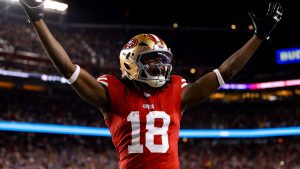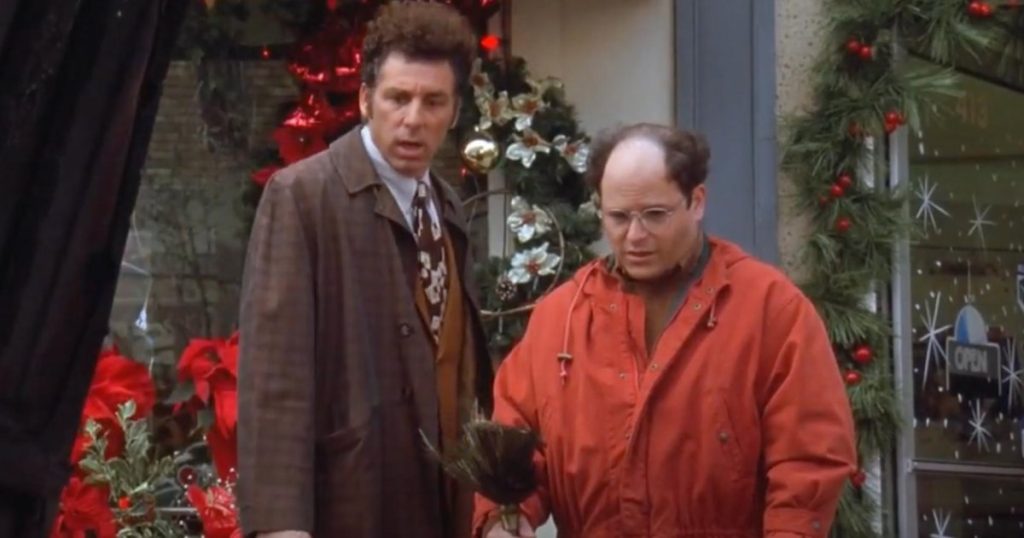The festive cheer of Christmas doesn’t resonate with everyone, a sentiment echoed not only in real life but also in the fictional worlds of television. Several beloved TV characters have become iconic for their disdain for all things Yuletide, their reasons ranging from childhood disappointments to philosophical objections. These Christmas Grinches add a layer of comedic complexity to holiday-themed episodes, offering a refreshing counterpoint to the traditional saccharine portrayals of the season.
One prime example is Sheldon Cooper from “The Big Bang Theory.” Sheldon’s aversion to Christmas stems from a poignant childhood experience. The year his grandfather passed away, young Sheldon requested his Pop-Pop back for Christmas, a heartfelt wish born of grief. Instead, he received Lincoln Logs, a gift that understandably failed to console him. This incident, explored further in the prequel series “Young Sheldon,” cemented his distrust of Christmas and its associated traditions. His disillusionment with Santa Claus and the perceived hollowness of gift-giving became a defining quirk of his character.
George Costanza from “Seinfeld” offers another perspective on holiday dissent. While not outright opposed to Christmas, George champions Festivus, an alternative celebration invented by his eccentric father, Frank. This secular holiday, characterized by an aluminum pole, the “Airing of Grievances,” and “Feats of Strength,” represents a rejection of commercialized Christmas and a humorous embrace of individual expression. Festivus, conceived by a “Seinfeld” writer based on a real-life tradition, became a cultural phenomenon, demonstrating the comedic power of subverting holiday norms.
Beyond these prominent examples, a diverse array of characters adds to the pantheon of TV Christmas Grinches. Britta Perry from “Community” voices her disapproval of Christmas, primarily rooted in her secular beliefs and objections to the holiday’s religious connotations. Adrian Monk, the obsessive-compulsive detective, harbors a longstanding resentment towards Christmas after receiving a single walkie-talkie as a gift from his father, a gesture he perceived as inadequate. Frank Reynolds of “It’s Always Sunny in Philadelphia” embodies a more selfish form of holiday cynicism, purchasing lavish gifts only to keep them for himself, denying his children the joy of Christmas morning.
The list continues with characters like Donna Noble from “Doctor Who,” who expresses a general dislike for the holiday season, preferring the exotic allure of a Moroccan honeymoon to the traditional Christmas festivities. Dr. Perry Cox from “Scrubs” harbors an unexplained aversion to Christmas, adding to his cynical persona. Sue Sylvester from “Glee” actively sabotages the holiday spirit, her Grinch-like actions driven by an undisclosed motivation.
The reasons behind these characters’ Christmas aversion are as diverse as the characters themselves. Some, like Sheldon and Monk, carry the scars of childhood disappointments. Others, like Britta and Frank Costanza, reject the commercialization and religious aspects of the holiday. And some, like Sue Sylvester, seem to derive a perverse pleasure from disrupting the festive cheer. Despite their varied motivations, they all share a common thread: a refusal to conform to the societal pressure to embrace the holiday spirit.
These characters, in their own unique ways, challenge the idealized image of Christmas often presented on television. They represent the segment of the population that, for various reasons, finds the holiday season less than jolly. Their presence adds a touch of realism to fictional narratives, acknowledging that the holiday season can be a complex and emotionally charged time for many. Their cynical perspectives, often presented with comedic flair, provide a welcome counterpoint to the often-overwhelming positivity surrounding Christmas, reminding us that it’s perfectly acceptable not to be swept up in the festive frenzy. Their stories resonate with viewers who may share their sentiments, offering a sense of validation and a humorous escape from the pressures of holiday cheer.










